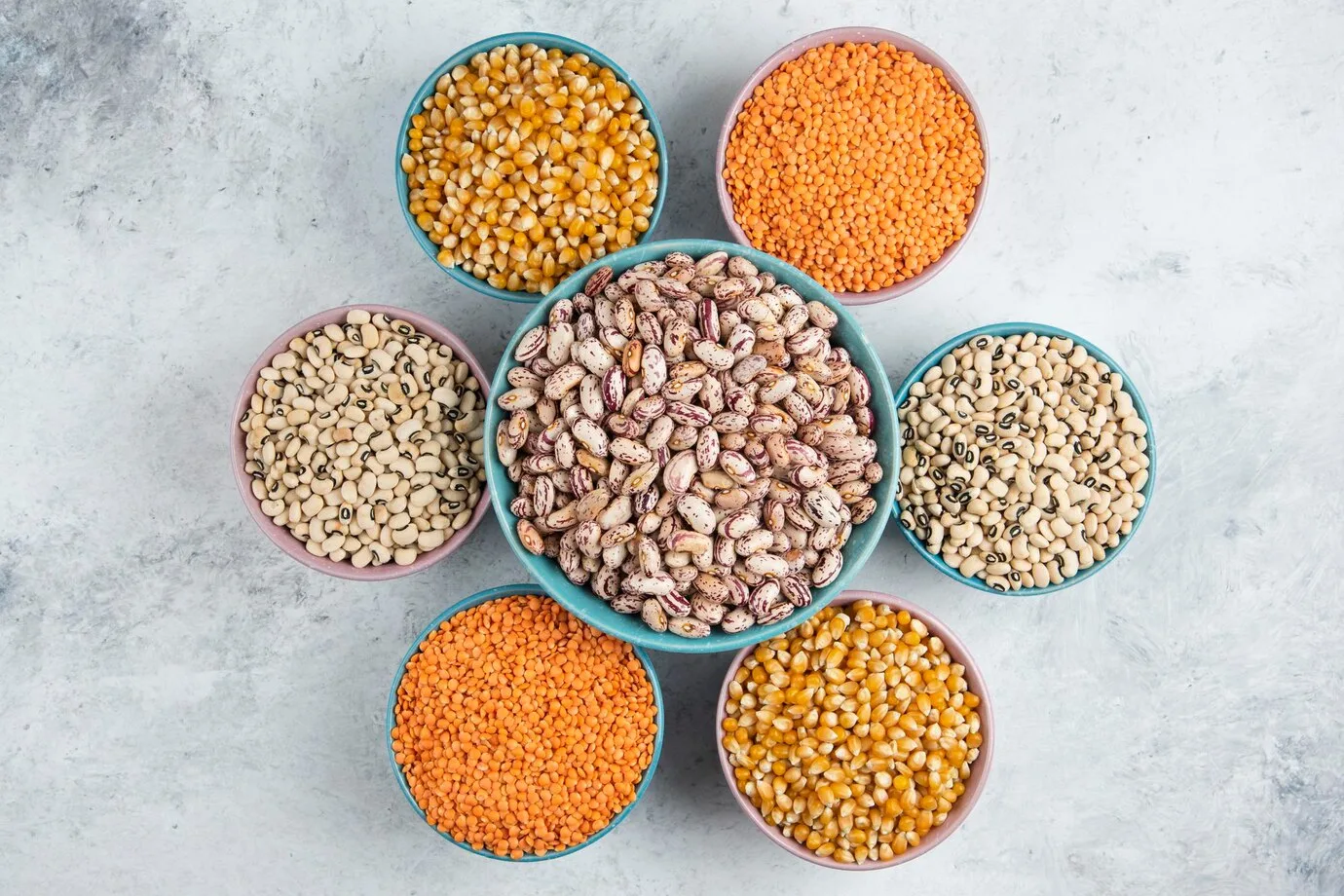Thyroid Management Through Food: What to Eat and What to Avoid
Category: Endocrinology
The thyroid gland, a small butterfly-shaped organ located in the neck, plays a crucial role in regulating metabolism, energy levels, and overall well-being. When this gland functions abnormally, it can lead to conditions such as hypothyroidism or hyperthyroidism, which significantly impact health. While medication and lifestyle changes are essential for thyroid management, diet also plays a vital role in supporting thyroid function.
This blog will guide you through the best foods to include in your diet and those to avoid for optimal thyroid health.
Foods to Eat for a Healthy Thyroid
1. Iodine-Rich Foods
Iodine is essential for thyroid hormone production. A deficiency can lead to goiter and hypothyroidism. Including the right amount of iodine in your diet can promote proper thyroid function.
- Sources: Iodized salt, seaweed, dairy products, eggs, and fish like salmon and cod.
2. Selenium-Packed Foods
Selenium helps in the conversion of T4 (inactive thyroid hormone) to T3 (active thyroid hormone). It also has antioxidant properties that protect the thyroid gland.
- Sources: Brazil nuts, sunflower seeds, tuna, sardines, and lean meats.
3. Zinc and Iron Sources
Zinc and iron play a key role in thyroid hormone metabolism and immune function.
Sources: Chickpeas, pumpkin seeds, lentils, spinach, red meat, and shellfish.
4. Antioxidant-Rich Fruits and Vegetables
Antioxidants help reduce inflammation and oxidative stress, which can affect thyroid function.
- Sources: Berries, carrots, bell peppers, tomatoes, and citrus fruits.
5. Healthy Fats
Healthy fats support hormone production and overall thyroid health.
- Sources: Avocados, olive oil, nuts, seeds, and fatty fish.
6. Whole Grains
If tolerated, whole grains provide essential fiber that supports digestion, especially for those with hypothyroidism who may experience constipation.
- Sources: Brown rice, quinoa, oats, and whole wheat bread.
Foods to Avoid for Thyroid Health
1. Goitrogenic Foods (When Consumed in Excess)
Goitrogens can interfere with iodine uptake by the thyroid, potentially leading to hypothyroidism. However, cooking reduces their effects.
- Foods to limit: Raw cabbage, broccoli, cauliflower, Brussels sprouts, soy-based products, and kale.
2. Highly Processed Foods
Processed foods are often high in unhealthy fats, sugars, and preservatives, which can lead to inflammation and weight gain.
- Avoid: Fast food, packaged snacks, sugary cereals, and processed meats.
3. Excessive Soy Products
Soy contains compounds that can interfere with thyroid hormone production, especially in those with iodine deficiency.
- Avoid: Tofu, soy milk, soy protein isolates, and soy-based processed foods.
4. Gluten (For Those with Sensitivity)
Gluten may trigger autoimmune responses in some individuals with thyroid disorders, particularly those with Hashimoto’s thyroiditis.
- Avoid: Wheat, barley, rye, and processed foods containing gluten.
5. Sugary Foods and Beverages
Excessive sugar intake can lead to insulin resistance, affecting hormone balance.
- Avoid: Sodas, candy, pastries, and other high-sugar foods.
6. Alcohol and Caffeine
Alcohol and caffeine can interfere with thyroid hormone production and absorption, leading to hormonal imbalances.
- Avoid: Coffee, energy drinks, and excessive alcohol consumption.
Final Thoughts
Diet plays a crucial role in thyroid health. While incorporating nutrient-dense foods supports thyroid function, avoiding processed and goitrogenic foods in excess can prevent complications. However, dietary adjustments should be made under medical supervision to ensure they align with individual health needs. If you suspect thyroid-related issues, consult an endocrinologist for proper diagnosis and treatment.
For expert consultation and thyroid management, visit Lokmanya Hospitals.
FAQs
1. Can diet alone cure thyroid disorders?
No, diet plays a supportive role, but thyroid conditions typically require medical treatment, including medication and lifestyle changes.
2. How much iodine is too much for thyroid health?
Excessive iodine can worsen thyroid conditions. It is recommended to meet, but not exceed, the daily iodine intake (150 mcg for adults).
3. Are all soy products bad for the thyroid?
Not necessarily. Fermented soy products like miso and tempeh may be better tolerated in moderation. However, individuals with thyroid issues should consult a doctor before consuming soy.
4. Can drinking coffee affect my thyroid medication?
Yes, caffeine can interfere with the absorption of thyroid medication. It is advisable to take thyroid medication on an empty stomach and wait at least 30-60 minutes before consuming coffee.
5. What are some quick thyroid-friendly snacks?
Some healthy snack options include Brazil nuts, Greek yogurt, fresh berries, and hummus with vegetable sticks.
6. Is gluten-free dieting necessary for thyroid health?
Only individuals with gluten sensitivity or autoimmune thyroid conditions like Hashimoto’s thyroiditis may benefit from a gluten-free diet








